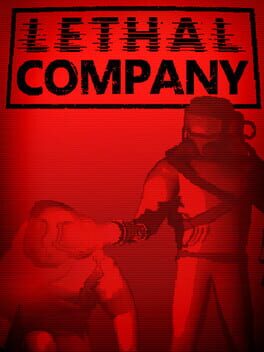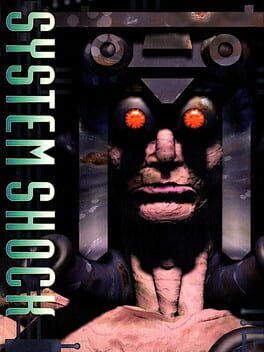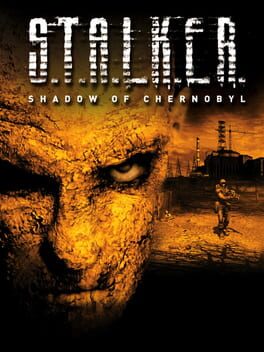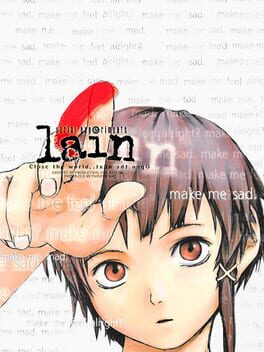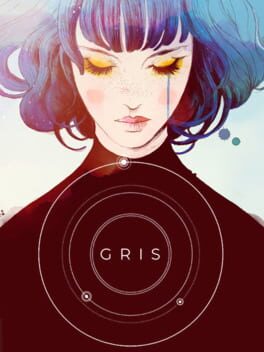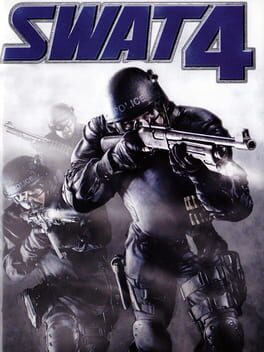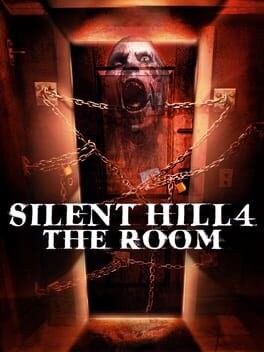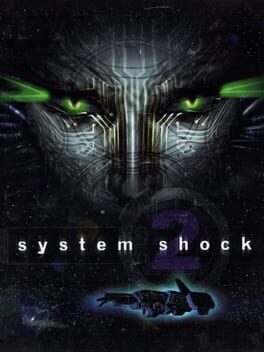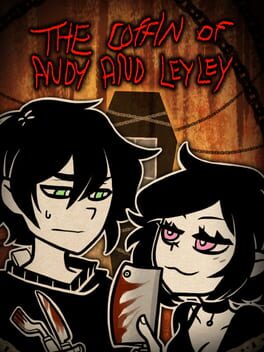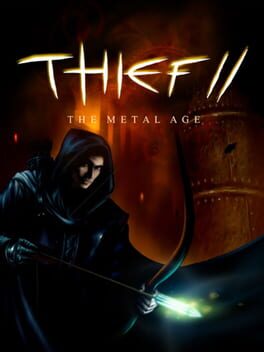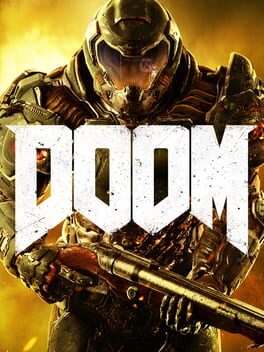Snel
2023
1994
It's almost too familiar. The futile thumbing through articles of psychobabble in some vain attempt to give a somatic labeling to a conflicted psyche. The psychosexual allure of technology and the internet as potential transcendence from corporeal responsibility. The well-intentioned failures of institutional psychiatry and ultimately, the all too human desire to connect with the other in a century that increasingly obscures and polarizes our conception of the self. The very narrative happening in our minds and at our screens through the lenses of those most helpless and affected.
2018
Probably my least favorite brand of dream logic where the azure color schemes and phantasmagorical creatures are all in-service of some utterly banal and obnoxiously representational pop-psychology like grief or depression, which is really only half the equation I'd wager. The rest should be ungraspable.
2005
Probably my favorite era of games almost purely because of how they looked—Textures just a little too sheened over to convince you they aren't game objects. Faces a little too polygonal to convince you they aren't plastered mesh, but not enough that they enter the uncanny valley. Enemies a little too near-sighted or proficiently accurate to convince you they aren't functioningly oscillating A.I. And lighting just a little too sharp to convince you of unadorned naturalism—this is where everything should occupy in my opinion. Not necessarily between realism and artifice or functionality and jank but between dream and reality. Onwards is a sunk cost. This game is good.
i can think of no other series where the source of horror is derived more exclusively from what is implied rather than what is actively shown or obscured. From the inscrutability of another's intentions, paired with our own readiness to read danger into their strange gesticulations and stilted cadence. The presence of almost pitifully freakish "monsters" writhing beyond playable boundaries in what could just as easily be orgasm as agony. The distressing gurgles, expulsions, and phallic exaggerations of beings driven by unadulterated libidinal energy. Silent Hill's insight: Hell is not just other people; it is caused by other people. It comes easier to see, then, for the miracle that it is, how consistently the journey through hell leads to the foundation of better things. To the possibilities of life, love, truth, and even beauty. Every Silent Hill game thus has aligned you with someone deeply personal to yourself worth fighting for: a missing daughter, a dead wife, an avenged father. Silent Hill 4 is a game about saving total strangers. The titular room, traveled between by you alone via umbilical-like tubeways (room=womb), beginning as your greatest healer and sole sanctuary, contrary the otherworld, turned worst oppressor (not even mentioning Sullivan's mother complex) is as mechanistically intuitive the series's Freudian metaphors come. That Townshend is the least impressionable of all previous protagonists is no mistake because he is a symbol of the monad, which proves false not because it is wrong but because it is impossible. Because even our isolation becomes haunted by others. Because every problem is interpersonal. Every experience interexperiential. And so even the girl next door becomes a reason to live.
1999
Perfect in almost every regard besides art direction. This isn't really an issue with low polygon counts or whatever like some have; it's an aesthetic critique. The first System Shock, not in spite of but because of its deliberately vomitous particolored visuals and midi spam soundtrack feels just as alien and worthy of its titling as it did nearly twenty-five years ago. SS2's desaturated hues may be easier palatable for advertisement and player retention purposes, but it loses the original's utterly sublime sense of estrangement. Like entering the Overworld in Silent Hill, or unlocking a new area in Resident Evil. The experience of something horrifically new and entrancing we so crave that only great art offers. Amazing game with the main trouble of being a sequel to one of the finest renderings of transhuman anxieties and 90s cyberpunk telos ever made.
Man, I miss the future.
Man, I miss the future.
2005
2015
Stories about technology and its foremost extension—the artificial simulation of consciousness, are typically best when they are as much about their potential to supplant humanity as they are sending us to a higher evolutionary stratum. It is too early to assess whether the retribalized digital age will spell destitution or reunite us in singularity so it is probably better to hold off on value judgments and stick with reports upon reality. This is why, as with most science fiction stories, the post-apocalypse of Planetarian is brought about by humanity's technological hubris and not the prevalence of tech itself. After all, it is the humble programming of a talkative pre-war gynoid that redirects the last man's eyes away from the folly of Earth and back towards the stars above. The irony of our greatest technological mirror image inspiring us through the most primeval of human traditions—oral storytelling—is manifest and brilliant. Were it not for its excessively mawkish ending, it'd easily rank among the finest gateway visual novels that aren't monstrously lengthy. As it is, it's pretty alright. Once we finally get our heads out of the gruel and start colonizing the stars we should give our A.I. moe personification.
It’s cool to see how much the world changes between these entries: From pilfering ancient tombs protected by curses as solemn and mysterious as the lost civilizations that inscribed them to spiritless, autonomously guarded pho-cultured banks and art exhibitions / Secular and religious authorities existing practically on the fringes of unmeasured magical wilderness to partnering in the creation of an industrialized surveillance state / Outwitting an actual pagan god to a technocratic zealot with an infantilized god complex.
Throughout all this, it’s easy to forgot that Garrett’s ark is essentially one about faith. Beginning in The Dark Project when his arrogance very nearly causes the end of the world, billowing into his smarmy attitude towards religion at the start of The Metal Age and concluding when he finally chooses to believe in the keeper’s prophecies after they once again come true. It’s not that religion is perfect or anything (hammerites and pagans aren’t exactly your allies in Thief I) but that it still retains at least some cultural acknowledgment of cosmological inferiority, which “enlightened” modernity so eagerly attempts to exorcise under a steel cross.
Almost as good as Thief I if not for that last string of levels which are total stinkers. Ctrl + Alt + Shift + Del ty very much.
Throughout all this, it’s easy to forgot that Garrett’s ark is essentially one about faith. Beginning in The Dark Project when his arrogance very nearly causes the end of the world, billowing into his smarmy attitude towards religion at the start of The Metal Age and concluding when he finally chooses to believe in the keeper’s prophecies after they once again come true. It’s not that religion is perfect or anything (hammerites and pagans aren’t exactly your allies in Thief I) but that it still retains at least some cultural acknowledgment of cosmological inferiority, which “enlightened” modernity so eagerly attempts to exorcise under a steel cross.
Almost as good as Thief I if not for that last string of levels which are total stinkers. Ctrl + Alt + Shift + Del ty very much.
2021
2016
